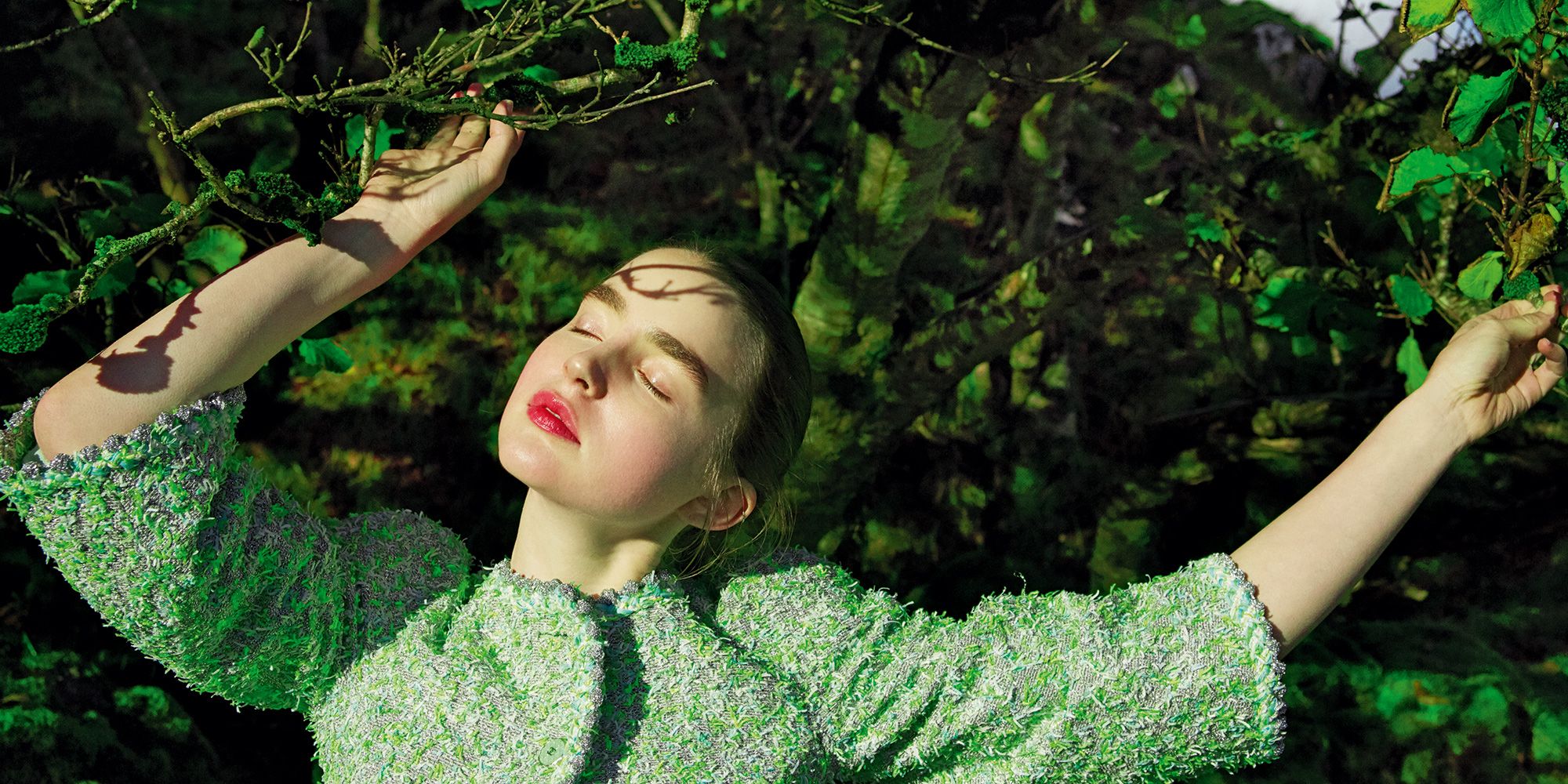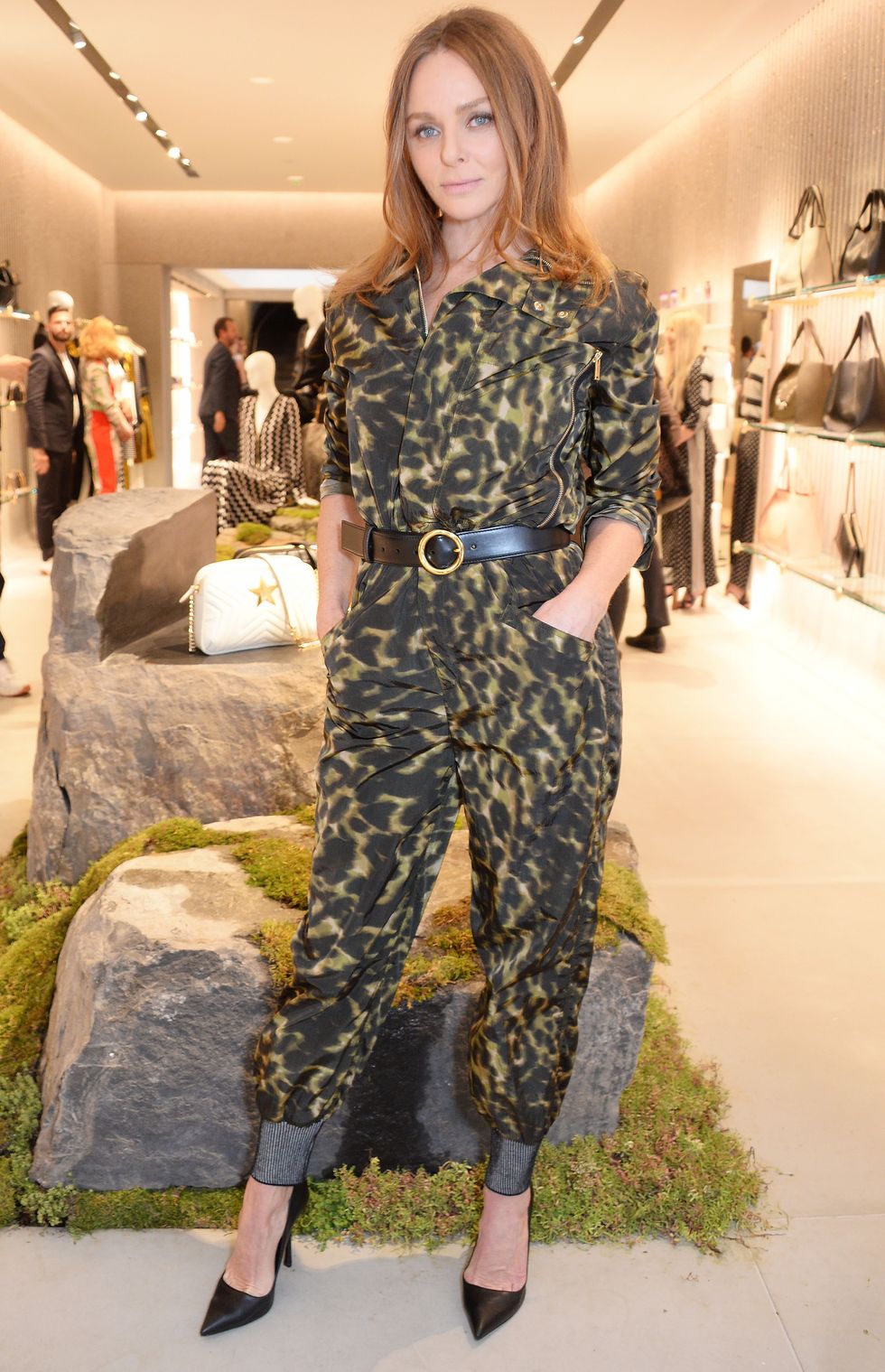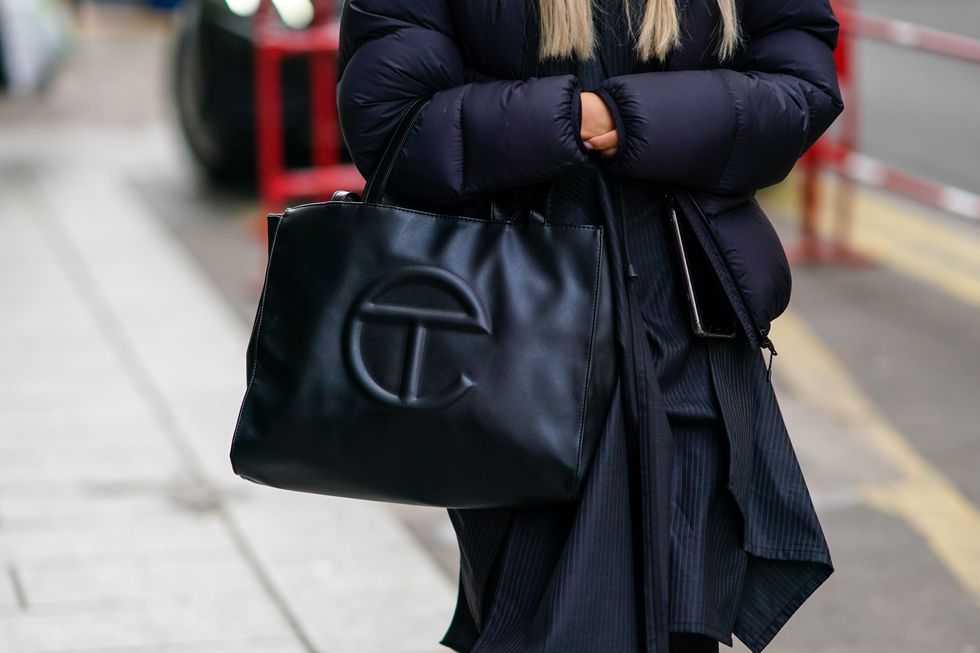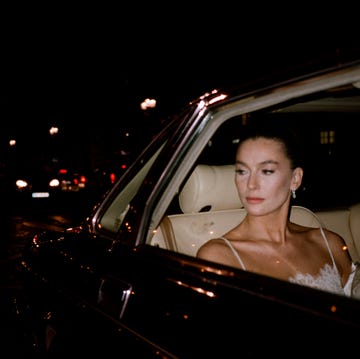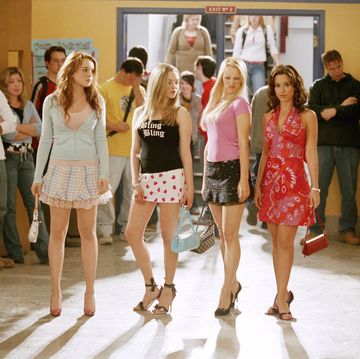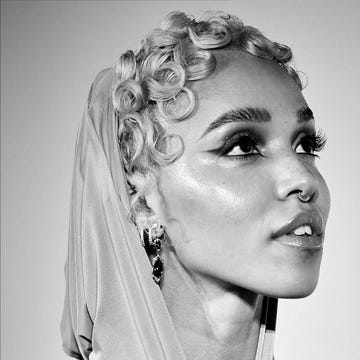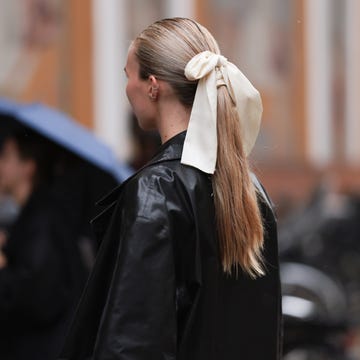Vegan eating is in fashion. Whereas previous generations were brought up on – and perhaps addicted to – meat and dairy, today’s health and eco-conscious consumers are challenging the status quo and ditching animal parts in favour of vegan meals. It’s no surprise, then, that a record-breaking half a million people took part in 'Veganuary' during the first month of last year.
In addition to trying new foods and flavours, as they embark on their vegan journey, many participants soon find it’s not only about what’s on your plate. It’s a lifestyle which embraces PETA’s motto: animals are not ours to experiment on, eat, wear, or use for entertainment. This is why we’re seeing massive change across a spectrum of industries. This is no longer just about what we eat – it’s about how we live our lives.
For proof, let’s step out of the kitchen and over to the dressing table. Online searches for ‘vegan beauty’ have doubled in the UK every year since 2012, and cosmetics companies are answering the call. The industry that was once fixated on making lipstick from crushed red cochineal insects, mascara from beeswax, and perfume from ambergris (whale secretions) launched more new vegan products in the UK last year than consumer products in all other categories combined. Where The Body Shop once stood alone in refusing to sell products that were tested on animals, today, more than 5,000 beauty brands have joined the PETA US Beauty Without Bunnies programme to become cruelty-free certified.
In addition, companies such as Morphe, NARS Cosmetics, Cult Beauty, and L’Oréal have stopped selling brushes made from the hair of abused, tormented badgers. And consumers are realising that wearing mink eyelashes is akin to wearing fur on your face – and brands like Sephora, Velour, and others are banning them from their ranges.
In less enlightened times, when no one realised that it was déclassé and insensitive to wear the skin of tormented animals, fur wasn’t taboo like it is today. When the first ‘I’d Rather Go Naked Than Wear Fur’ campaign launched in 1990, fur farming was legal in the UK, and Stella McCartney, with her bold, compassionate ‘no fur, no leather, no feathers’ stance, was told by her then seniors that she “definitely wouldn’t have a business”. McCartney is now one of the most famous, acclaimed names in fashion.
Compassion for animals and the planet is as much about what you put on your body as what you put in it – and the fashion industry is taking note. Almost all top designers and brands have dropped animal fur, and many, including Victoria Beckham and Mulberry, have turned their backs on exotic-animal skins such as alligator, ostrich, and snake. French faux fur innovator ECOPEL has created a vegan fur called KOBA; Stella McCartney was the first designer to use it.
High-tech material innovation companies are creating sustainable vegan leather from eco-friendly materials such pineapple leaves, cork, apples, wine grapes, mushrooms, and recycled plastic bottles. Today, you can step into Hugo Boss shoes made from pineapple leather Piñatex or carry a bag made from wine grapes from H&M’s Conscious Exclusive collection. Jimmy Choo and Burberry alum Alfredo Pīferi started his own label of luxurious Italian-made vegan shoes, winning a PETA Fashion Award in 2020. Eco-conscious French brand Veja also snagged an award for its shoes made from corn leather. Other winners include Telfar, for its vegan leather bags that attracted cult status among the style-conscious, and Nanushka, for its vegan leather puffer coat beloved by trendsetters everywhere, proving that vegan fashion is here to stay.
Car interiors are going vegan, too – Bentley offers interiors in Vegea, a leather made of leftover grapes from the wine industry. Other car brands championing vegan interiors include Tesla, Mercedes-Benz, Jaguar Land Rover, and Polestar.
Decorating your home with compassion has never been easier, either. From faux-fur comforters and down-free bedding to scented candles made without beeswax, décor companies are providing stylish options for beautiful vegan abodes.
Veganuary might be for just one month, but the journey towards a more compassionate future is just beginning – one in which animals are no longer abused for our wardrobes, homes, cars, beauty routines, or meals.
Elisa Allen is the director of People for the Ethical Treatment of Animals (PETA) UK.
